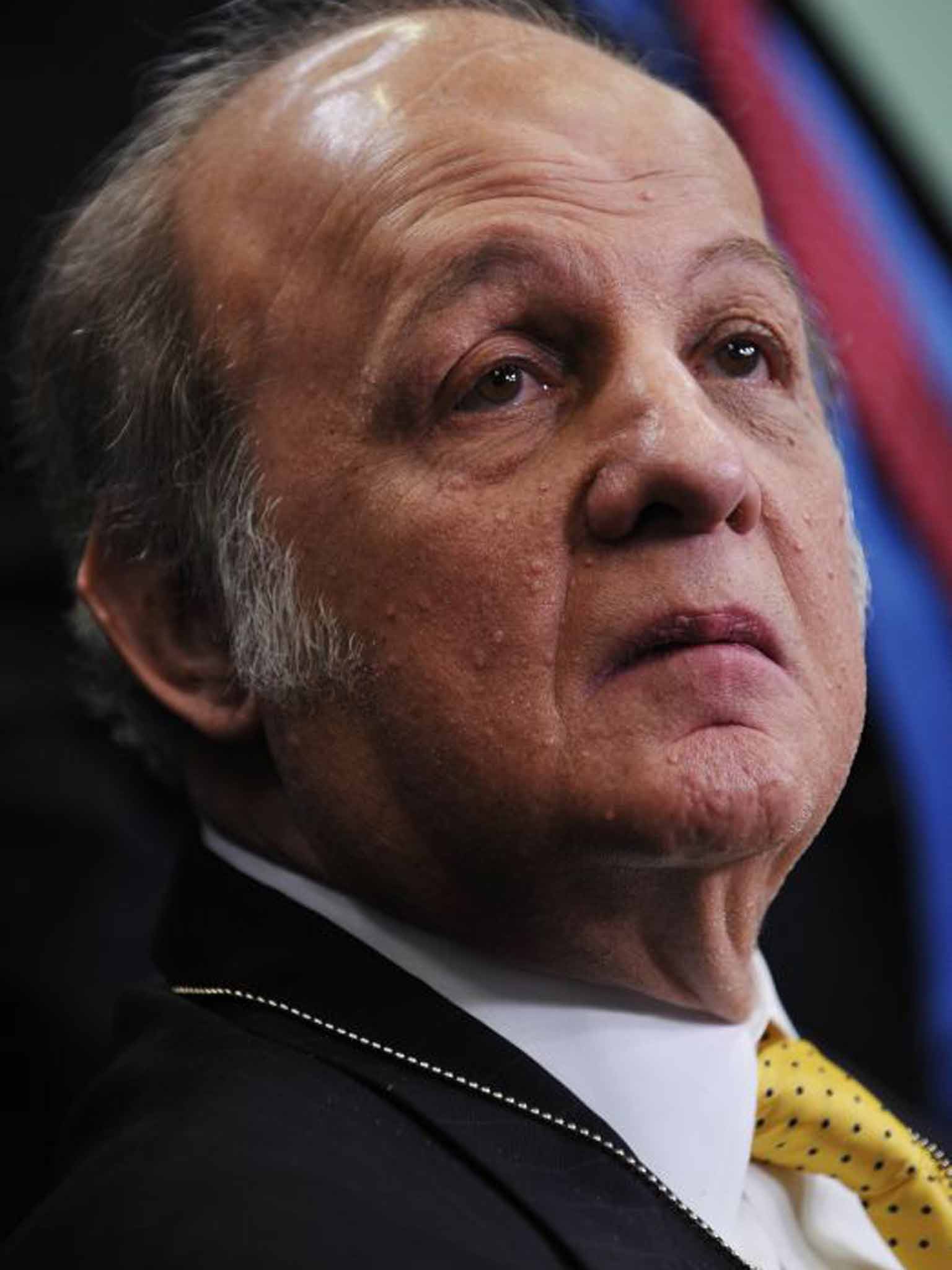James Brady: Ronald Reagan's press secretary who was injured in the 1981 attempt on the President's life

James Scott Brady, who has died aged 73, was President Ronald Reagan's press secretary. On 30 March 1981, Brady was hit in the brain by a shot aimed at the president outside the Washington Hilton Hotel and suffered partial paralysis.
In November 1993, after a long fight against the gun lobby led by the National Rifle Association, the United States Congress finally passed a handgun control measure. It was known as the "Brady Bill" to commemorate Jim Brady's ordeal and to draw attention to the ease with which mentally disturbed people and persons with criminal records could buy guns in most states of the USA.
The bill, which the Republicans opposed, and President Clinton called "a wonderful Thanksgiving present for the American people", mandates a five-day waiting period for purchasers of handguns to allow time to check whether they have a criminal record.
The measure was originally proposed in the mid-1980s by Brady's wife Sarah and the organisation, Handgun Control. It was supported by many police officers, but tenaciously opposed by the gun lobby and most Republicans. As a result of massive pressure on individual members of Congress by the National Rifle Association, the amendment was defeated on 15 September 1988.
Senator George Mitchell, the former Democratic leader in the Senate, who played a leading role in passing the Brady Bill, claimed it would be a significant step, though he admitted that he and the bill's other supporters were well aware that "it will not by itself end violence in America". The Senate's Republican leader, Senator Bob Dole, withdrew his opposition only grudgingly. He said nothing in favour of the Brady Bill, but said it was bound to pass eventually.
Brady worked for Reagan when the latter was Governor of California and came to Washington with him in 1981. He was greatly appreciated by the campaign staff during the election because of his sense of humour. When the President, in one of his famous slips of the tongue, said that trees gave off dangerous gases, Brady ran up and down the aisle of the campaign plane pointing to a forest 30,000 feet below and shouting "Killer trees!"
On the day Brady was shot, the President was leaving a brief speaking engagement at the Washington Hilton Hotel when a young man from a wealthy Denver family called John W. Hinckley Jr stepped through the crowd, dropping into the crouch he had seen on television, and fired six times with a Rohr RG 14.22 mm revolver.
Hinckley, later found to be mentally ill, was apparently infatuated with Jodie Foster, the actress who starred in Martin Scorsese's film Taxi Driver, in which the anti-hero (played by Robert de Niro) tries to murder a politician.
The President was hit by a ricochet and both he and a Secret Service agent, Tim McCarthy, and a Washington policeman, Thomas Delahanty, who were both hit by bullets, all recovered quickly. But Jim Brady was hit in the brain, just above the left eye, by an exploding "Devastator" bullet. That he made as good a recovery as he did was due to brilliant surgery, patient rehabilitation and his own and his wife Sarah's determination.
After 13 years Sarah Brady and the McCarthy and Delahanty families finally succeeded last February in an unusual lawsuit to win 80 percent of any money which Hinckley might make from selling his life story or any "literary or musical works" which he might compose. The rights assigned to the victims could be worth as much as US$2.9 million (£1.8 million), lawyers said. Hinckley has written some "quite talented" rock and roll lyrics, according to Mr Brady's lawyer.
Jim Brady made a courageous fight to recover near-normal speech, though he was confined to a wheelchair for the rest of his life. When I interviewed him in 1988 for a television biography of President Reagan, Brady was able to talk coherently, but it was evident that to do so required uncommon courage and willpower.
In 1996 President Clinton awarded Brady the Presidential Medal of Freedom. He later said that Brady "transformed his own personal tragedy into an opportunity to inspire change – for more than three decades he and Sarah encouraged all of us to create a more just and secure nation, free from handgun violence."
In 2000, the press briefing room at the White House was renamed in Brady's honour. The following year, Handgun Control Inc., was renamed the Brady Campaign to Prevent Gun Violence as a tribute to Brady and his wife.
President Barack Obama described Jim Brady as a White House legend, who turned "the events of that terrible afternoon into a remarkable legacy of service." Thanks to Brady and the law bearing his name, "an untold number of people are alive today who otherwise wouldn't be," the president said in a statement.
Jim Brady died at a retirement community home in Alexandria, Virginia, USA.
James Scott Brady, White House press secretary: born Centralia, Illinois 29 August 1940; married firstly Sue Beh (dissolved, one daughter), secondly Sarah Jane Kemp (one son); died 4 August 2014.
Join our commenting forum
Join thought-provoking conversations, follow other Independent readers and see their replies
Comments